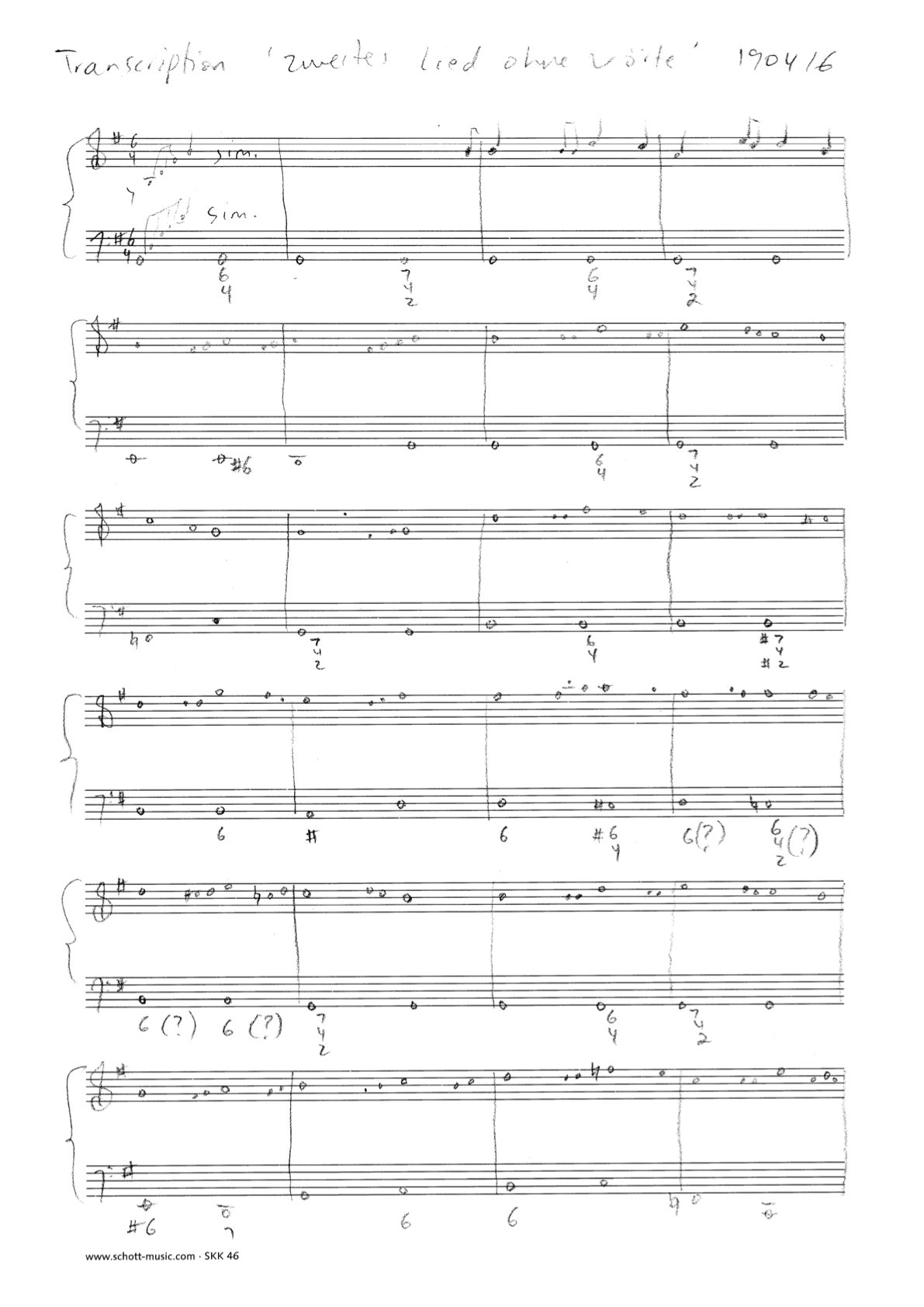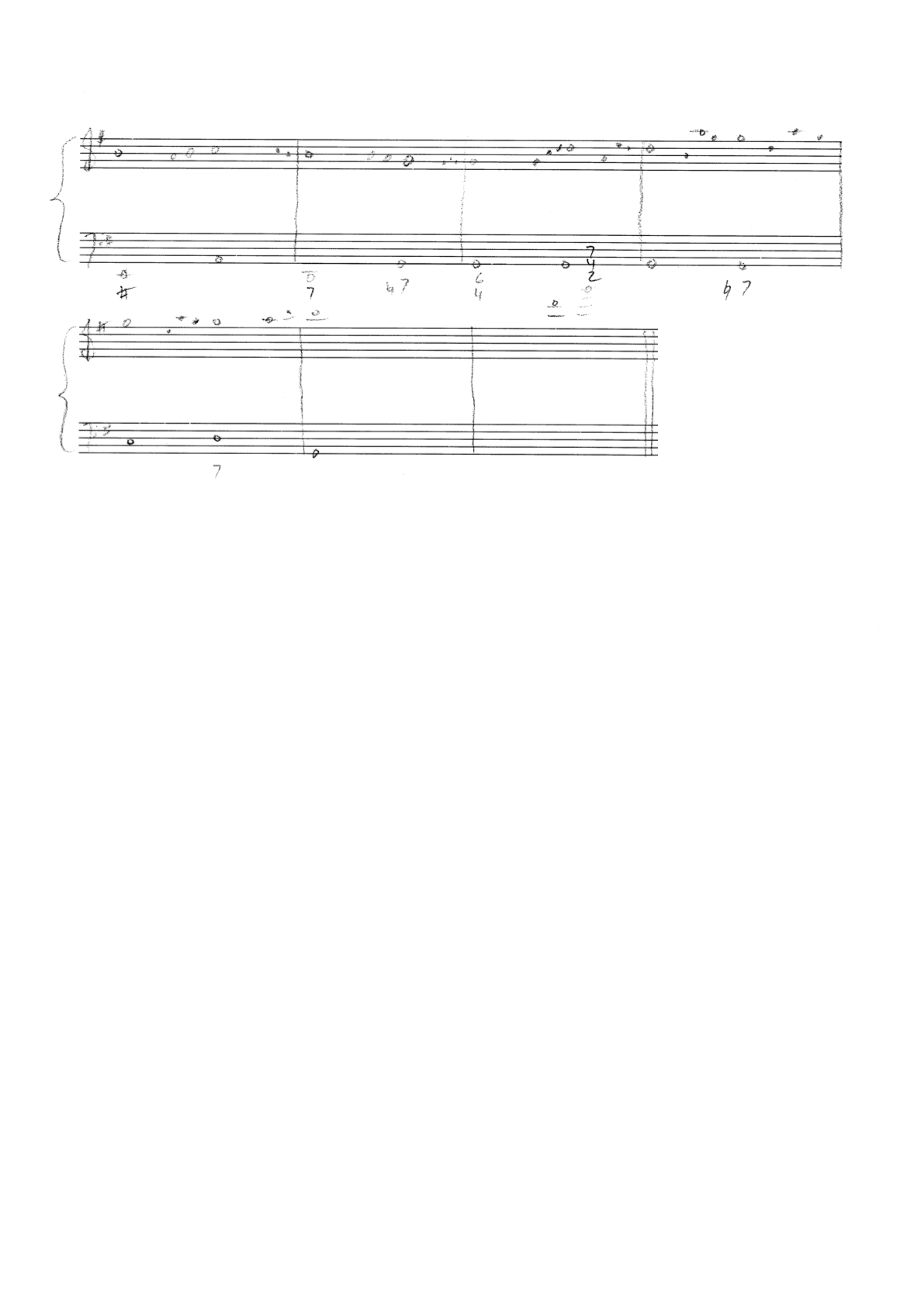-
contents
- Title page
- Introduction
- On Improvisation in the Nineteenth Century
- On Mimesis and Morphosis
- On Rethinking the Current Performance Practice of Nineteenth-Century Music
- On Scales of Improvisation
- On My Improvisation Methods
- On Sonic Signature
- Between Listening, Forgetting, and Conceptualizing
- Conclusion
- Bibliography and Acknowledgements
- Bobby Mitchell
-
navigation
-
abstract
How can one learn to improvise convincingly within the context of the nineteenth-century piano repertoire? And why is it important to improvise on this repertoire in the twenty-first century? Taking the music of Robert Schumann (1810−56) as a departure point, Playing Schumann Again for the First Time proposes an answer to these questions through methods towards a pianistic practice that is driven by experimentation and strives to continually find more layers where improvisation can take place, both in sounding musical practice and in notation. These practice-based methods are contextualized by a discussion of the presence of improvisation in Western classical musical practice in the nineteenth century. They are then substantiated by an argument to use improvisation as a tool for rethinking the current performance practice of nineteenth-century music. Improvisation itself and the concepts driving this term will also be addressed: improvisation in musical performance will be described as a process guided by a feedback loop between mimesis and morphosis with which the practitioner engages using his or her individual cognitive and embodied approach to listening, forgetting, and conceptualizing; the results of which bear his or her own sonic signature. The knowledge gained in this project lies within the realm of what will be described as improvisation as practice, a category of improvisational behavior that circumvents the need to be presented as art and is rather intended for the development of one’s own music-making.
- Bobby Mitchell - Playing Schumann Again for the First Time - 2024
- Meta
- Comments
- Terms




